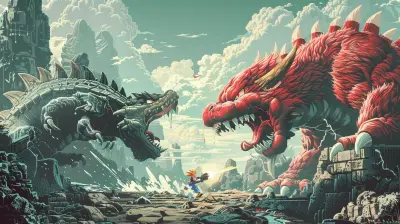What Gamers Should Know About Recent Gaming Industry Acquisitions
7 June 2025
The gaming world isn’t just about high scores and epic boss battles anymore—it’s also about big bucks, billion-dollar deals, and companies merging faster than players switching characters in a battle royale. If you've been paying attention to gaming headlines lately (or even if you haven’t), you’ve probably noticed a pattern: major game publishers and developers are being scooped up left and right. We're talking about some truly game-changing acquisitions—pun absolutely intended.
But what does this mean for you, the gamer? Is all this corporate wheeling and dealing good or bad for the gaming community? Should you be excited, skeptical, worried, or maybe all of the above?
Let’s break things down and get into what you really need to know about recent gaming industry acquisitions.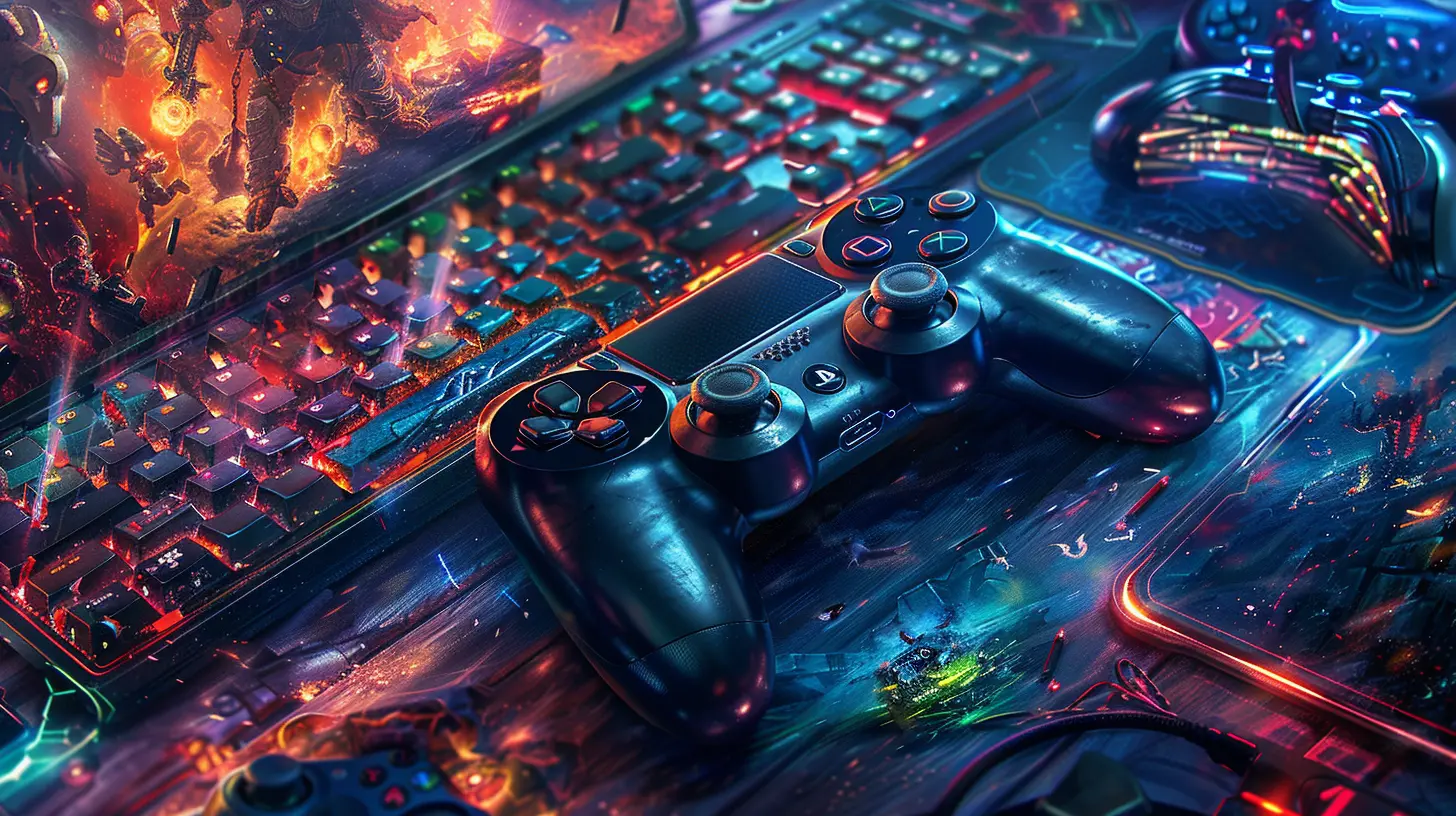
The Gaming Industry Is Evolving—Fast
Alright, let’s set the stage. Over the last few years, the gaming industry has exploded in value. We’re talking hundreds of billions of dollars globally. With mobile games topping charts, eSports going mainstream, and streaming platforms like Twitch giving games major exposure, it’s no wonder big tech and entertainment companies want a piece of the pie.So, what's their move? Simple: buy game developers, publishers, and studios. Instead of building from scratch, these giants are buying their way into the game—literally.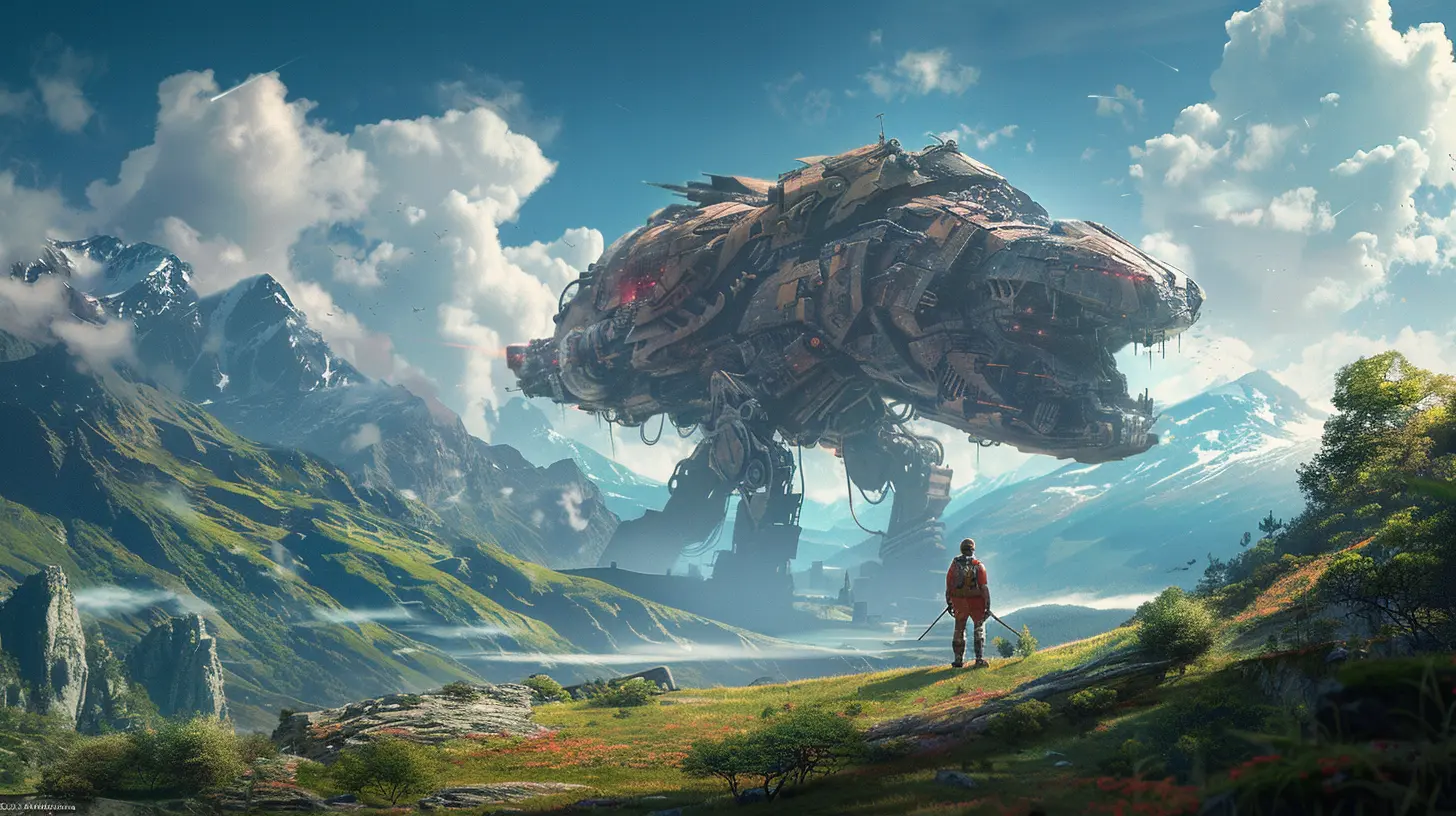
The Big Players Making Big Moves
Let’s talk names. These aren't your everyday buyouts. We're talking major industry titans making power moves.1. Microsoft Acquires Activision Blizzard
This is the megaton bomb that sent shockwaves through the industry. Microsoft announced in early 2022 that it was acquiring Activision Blizzard (yep, the folks behind Call of Duty, Diablo, Overwatch, and Warcraft) for a mind-blowing $68.7 billion.Why is this important?
Because it’s one of the largest acquisitions in tech history. It gives Microsoft a massive boost in its Xbox ecosystem and potentially adds some of the biggest franchises under Game Pass.
But it’s not just about games—this is also about mobile. Activision owns King, the developer behind Candy Crush. So Microsoft’s not just beefing up Xbox; it’s playing in the mobile space too.
2. Sony Buys Bungie
In what many saw as a counter-move, Sony announced its acquisition of Bungie (creators of Halo and Destiny) for $3.6 billion. What’s interesting here is that Bungie won’t be exclusively tied to PlayStation—at least for now. They’ll operate independently and continue to publish multiplatform titles.Here’s the kicker: Sony says it's not just buying games, it’s buying live-service game expertise. That means more Destiny-like games down the line.
3. Embracer Group: The Silent Giant
You may not hear about Embracer as much, but this Swedish holding company has been gobbling up developers like there’s no tomorrow. Gearbox (Borderlands), THQ Nordic, and even the rights to classic IPs like Tomb Raider and Deus Ex are now under Embracer’s umbrella.Their strategy? Diversify, expand, and own a treasure trove of IPs.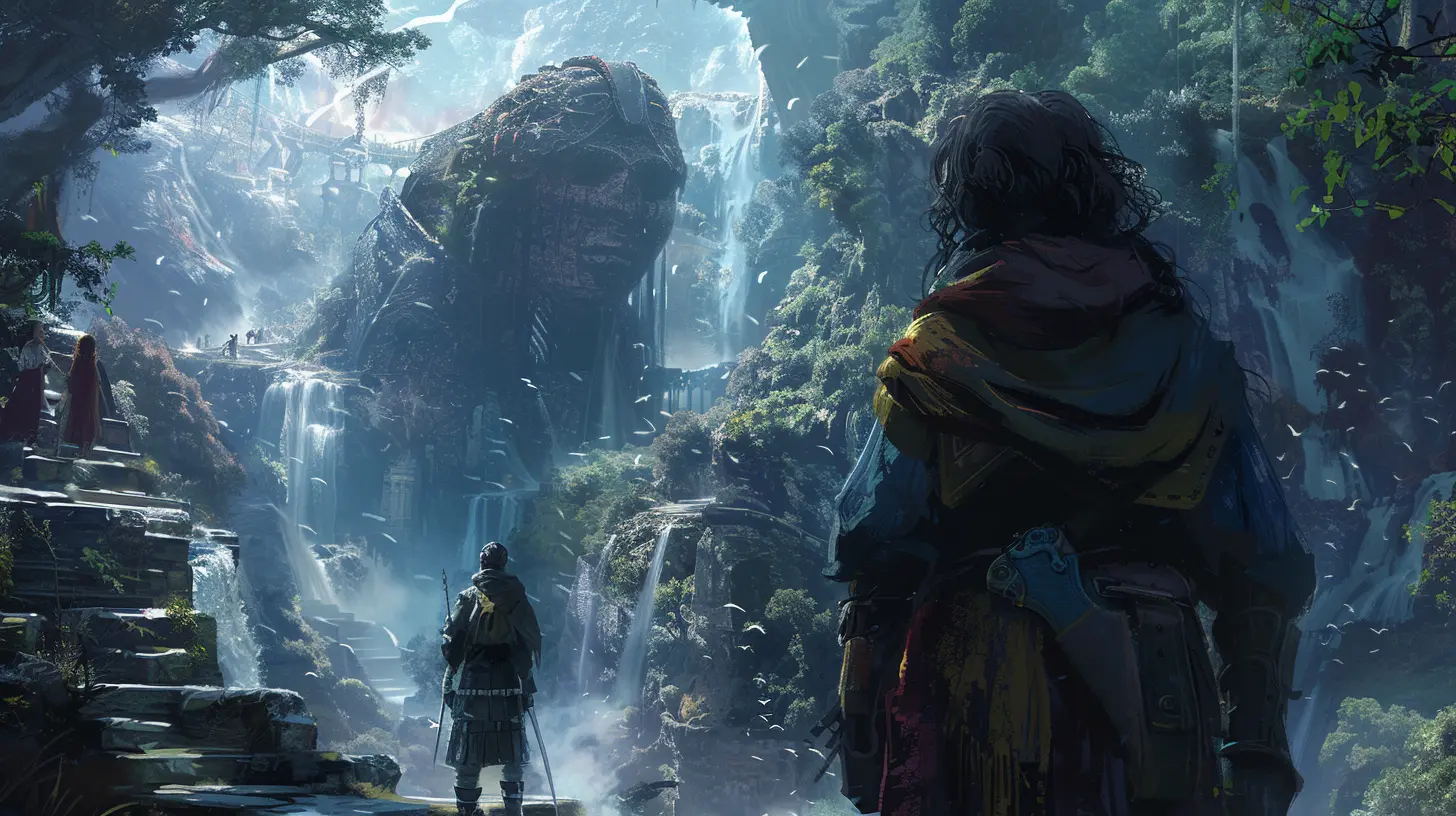
The Reasons Behind the Acquisitions
So, what’s the deal? Why are we seeing this acquisition frenzy?1. Game Pass and Subscription Services
Microsoft’s Game Pass is changing the game. It’s Netflix for video games, offering a massive library for a monthly fee. To keep subscribers happy, Microsoft needs fresh content—and owning studios ensures that.2. Content Is King
In this digital age, content drives revenue. Owning hit franchises means consistent income streams. Popular games mean merch, movies, shows... the possibilities are endless.3. Mobile Gaming Goldmine
Mobile gaming is massive—larger than console and PC combined. Companies see the value in acquiring studios with strong mobile portfolios.4. Strengthening Ecosystems
Tech giants want to build ecosystems. Think Apple with its App Store or Amazon with Prime. If you’re in the Xbox or PlayStation ecosystem, the more content they offer, the harder it is to switch.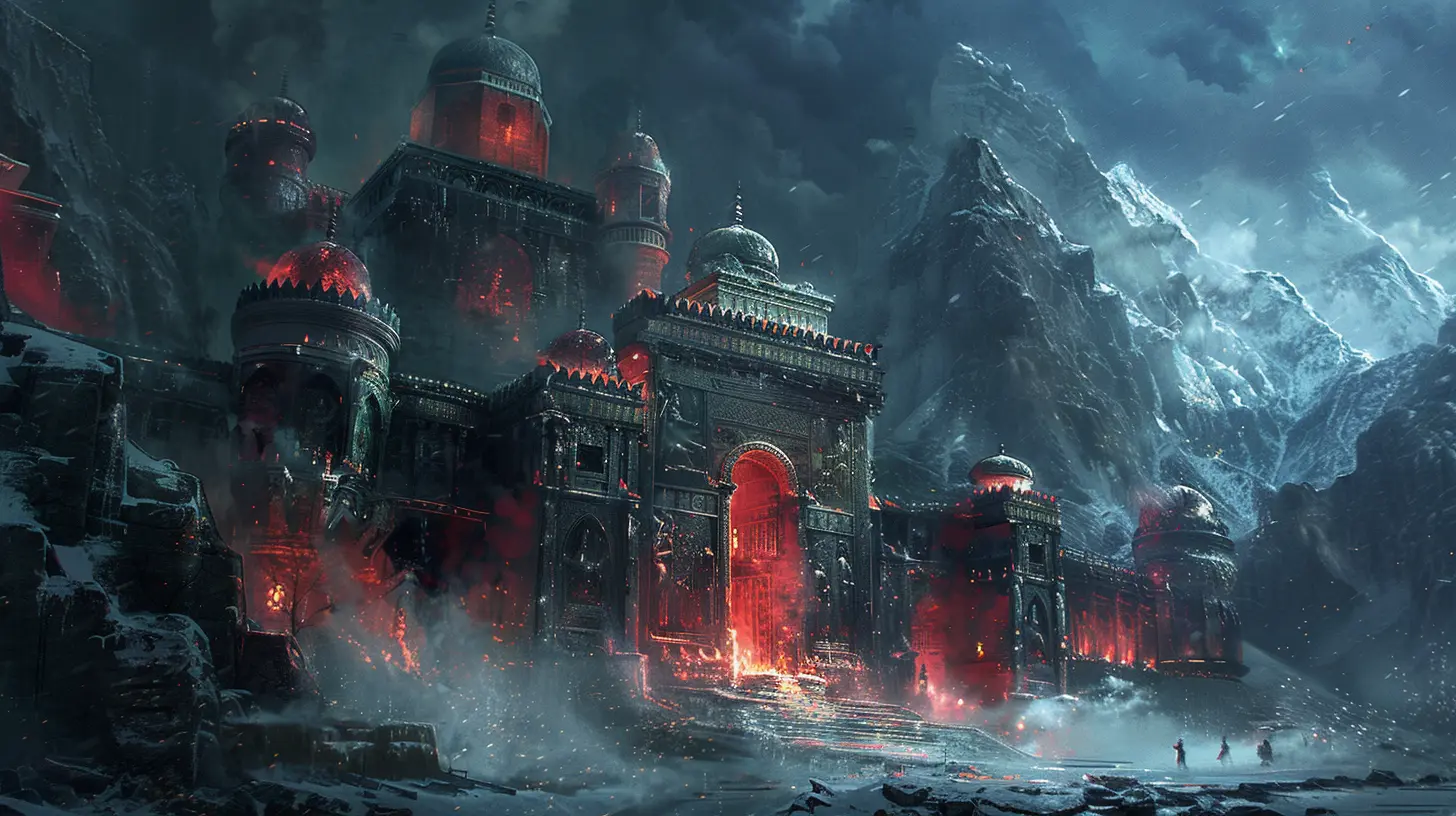
What This Means for Gamers
Now, for the real question: how does this impact us, the players?1. More Games, Cheaper Access
Let’s be honest—paying $60–$70 for every new game hurts. Subscription models like Game Pass are a dream come true, especially if these acquisitions mean more Day One releases on these platforms.2. Worry about Exclusivity
This is where it gets dicey. When companies acquire studios, they might lock previously multi-platform games into exclusivity. Imagine if the next Elder Scrolls only launched on Xbox. Not cool if you're a PlayStation loyalist.3. Better Quality? Maybe.
With more funding and fewer financial constraints, developers can take more creative risks. On the flip side, they might also be forced to stick to corporate guidelines, which can hurt innovation.4. The Risk of Monopolies
The more companies merge, the fewer choices we might have. It’s like going to an ice cream shop that only serves two flavors. Sure, they’re great, but what about variety?Indie Devs: The Unsung Heroes
While the giants play Monopoly, let’s not forget the indies. These small studios are still the heart and soul of innovation in gaming. Interestingly, some acquisitions help indie devs secure funding and support. But others fear being swallowed up and losing creative control.The good news? The gaming community is loyal to originality. Games like Hades, Hollow Knight, and Stardew Valley prove that you don’t need a billion-dollar budget to make a masterpiece.
Will This Trend Continue?
Short answer: yep.Long answer? Well, with virtual reality, cloud gaming, and the metaverse on the horizon, companies are racing to position themselves as leaders of the next big wave. Acquisitions are a shortcut to that goal.
So buckle up, because the industry is likely to see even more mergers in the coming years.
What You Can Do as a Gamer
So you’re probably wondering: “Okay, this is great info, but what can I actually do about it?”Good question! Here’s how you can stay informed and involved:
1. Support Games You Believe In
Buy or promote games that align with your values. Love indie titles? Share them. Want more diverse characters or narratives? Support those games.2. Use Your Voice
Engage in forums, Reddit threads, or even tweet developers. Constructive feedback actually makes a difference.3. Choose Platforms Wisely
If exclusivity bugs you, make choices that reflect that. Your wallet is your biggest weapon.4. Stay Informed
Keep tabs on the latest news. Follow gaming blogs (like ours!), YouTube channels, and influencers who break down these big corporate moves in simple terms.The Bottom Line
Gaming acquisitions are complicated beasts. For some, they mean better games, smoother experiences, and more content for cheaper prices. For others, there's a real concern about diversity, innovation, and access.It's not all sunshine and rainbows—but it’s not doom and gloom either.
As gamers, we're right in the middle of an evolving landscape. The industry is changing how games are made, who makes them, and how we access them. The smart thing to do? Stay curious, stay critical, and—of course—keep playing.
Final Thoughts
At the end of the day, these acquisitions could either be the power-ups the industry needs to level up—or the hidden traps that slow things down. Either way, having a heads-up on what’s happening behind the scenes helps you make smarter choices as a gamer.Because let’s be real—if we're going to spend hours grinding loot, building bases, or climbing ELO, we might as well know who’s calling the shots behind the curtain.
And now that you do—and can spot a corporate power move like a crit hit—you’re not just a gamer. You’re an informed one.
all images in this post were generated using AI tools
Category:
Gaming NewsAuthor:

Tayla Warner
Discussion
rate this article
3 comments
Melanie McVeigh
As the gaming world spins like a top in a candy store, remember: when corporations cuddle, gamers get giddy! Brace yourselves for epic adventures and unexpected plot twists in this acquisition saga! 🍭🎮
June 13, 2025 at 3:06 AM

Tayla Warner
Thanks for your comment! Exciting times ahead for gamers as these acquisitions reshape the landscape. Stay tuned for more thrilling developments! 🎮
Hunter Bailey
Recent gaming industry acquisitions highlight a shifting landscape, emphasizing consolidation among major players. Gamers should be aware of potential impacts on game variety, pricing, and innovation, as large entities reshape development and publishing dynamics. Stay informed!
June 9, 2025 at 5:00 AM

Tayla Warner
Thank you for your insightful comment! It's crucial for gamers to stay informed about these changes, as they can significantly affect the gaming landscape.
Selah Cruz
Consolidation stifles innovation; watch for creative stagnation.
June 8, 2025 at 2:49 AM

Tayla Warner
While consolidation can pose challenges, it can also provide the resources and stability needed for innovation. It's essential to stay vigilant and foster creativity within these new structures.
